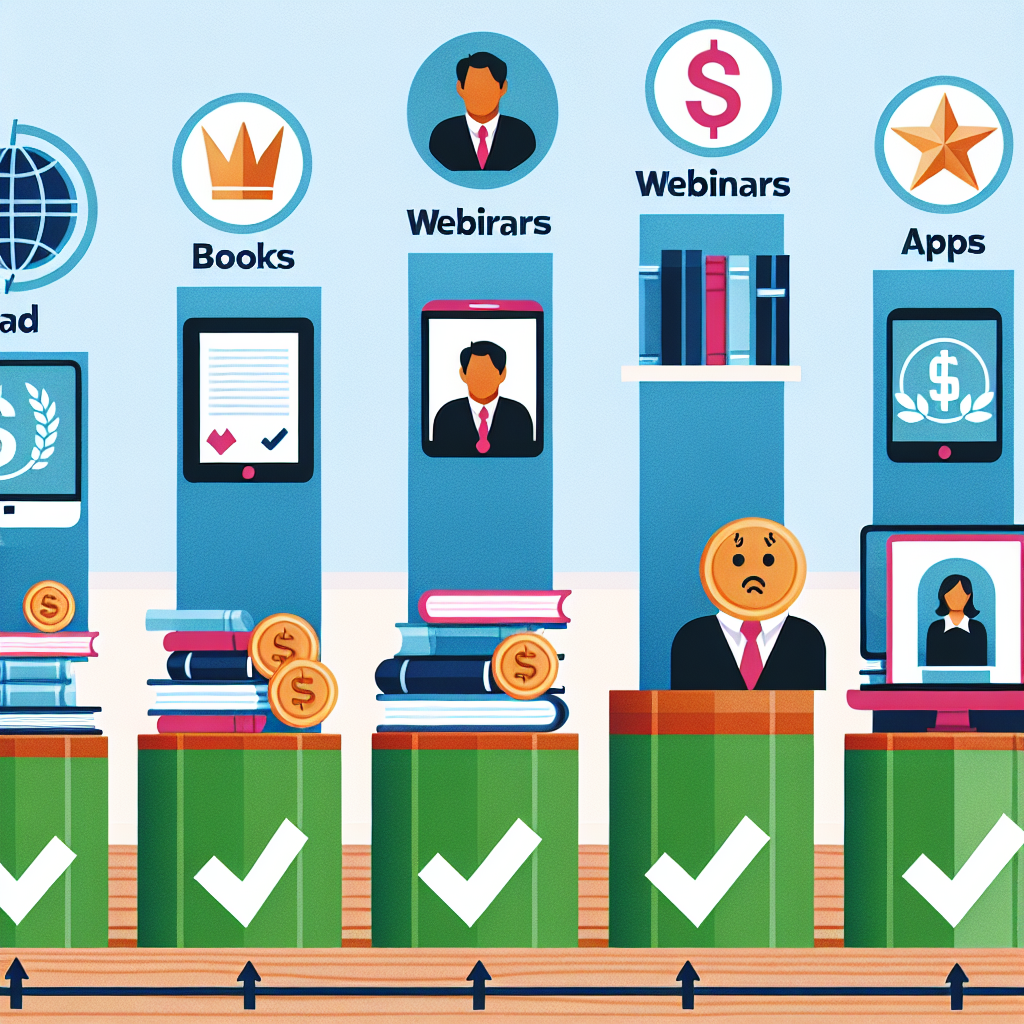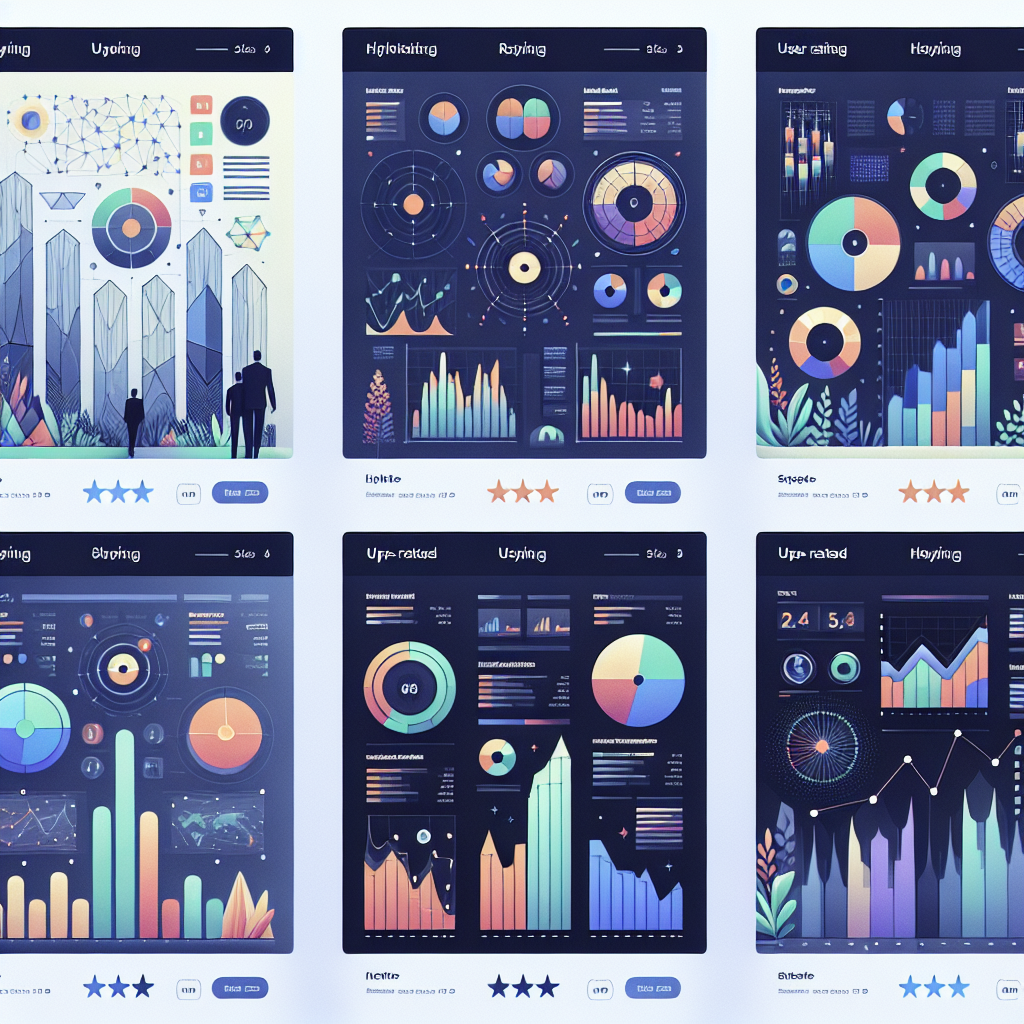Introduction to Online Trading Platforms
Online trading platforms have revolutionized the way we engage with financial markets. Whether you’re a seasoned trader or a novice investor, these platforms offer a host of features to help you make informed decisions and execute trades with ease. However, with a multitude of platforms available, it can be challenging to choose the one that suits your needs best. This article will compare some of the leading online trading platforms to help you make an informed decision.
Criteria for Comparison
Before we delve into the comparisons, it’s important to understand the criteria we’re using to evaluate each platform. These include:
Usability:
The ease of use of the platform. This includes the user interface, ease of navigation, and the clarity of information presented.
Features:
The tools and features offered by the platform. This includes charting tools, research resources, and the range of assets available for trading.
Cost:
The cost of using the platform. This includes trading fees, account fees, and any other charges that may apply.
Security:
The measures the platform takes to protect your information and your investments.
Comparison of Online Trading Platforms
eToro
eToro is known for its social trading feature, which allows users to copy the trades of successful investors. The platform is user-friendly and offers a wide range of assets for trading. However, eToro charges withdrawal fees and inactivity fees, which can add up over time. The platform also takes security seriously, with measures such as two-factor authentication in place.
TD Ameritrade
TD Ameritrade offers an extensive range of research resources, making it a great choice for those who want to make informed trading decisions. The platform does not charge trading fees for U.S. stocks and ETFs, but there are fees for trading other assets. TD Ameritrade also has robust security measures in place.
Robinhood
Robinhood is known for its commission-free trading and easy-to-use interface, making it a popular choice among novice investors. However, the platform has limited research tools and does not offer as many assets for trading as some other platforms. Robinhood has faced criticism for its security measures, but the company has made efforts to improve in this area.
Interactive Brokers
Interactive Brokers offers a wide range of assets for trading and powerful research tools. The platform is not as user-friendly as some others, but it offers a lot of functionality for experienced traders. Interactive Brokers charges low trading fees, but there are other costs to consider, such as data fees. The platform has strong security measures in place.
Conclusion
Choosing the right online trading platform depends on your individual needs and level of experience. It’s important to consider the usability, features, cost, and security of each platform. Remember to do your own research and consider trying out a demo account before committing to a platform.




